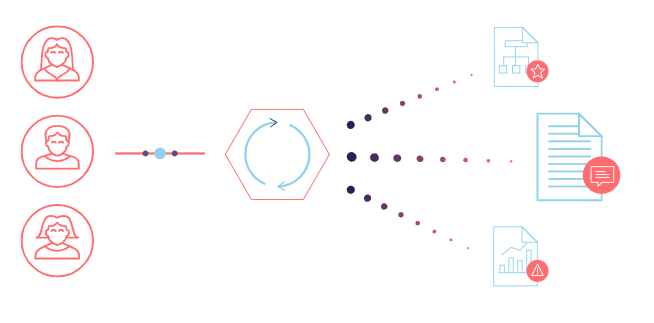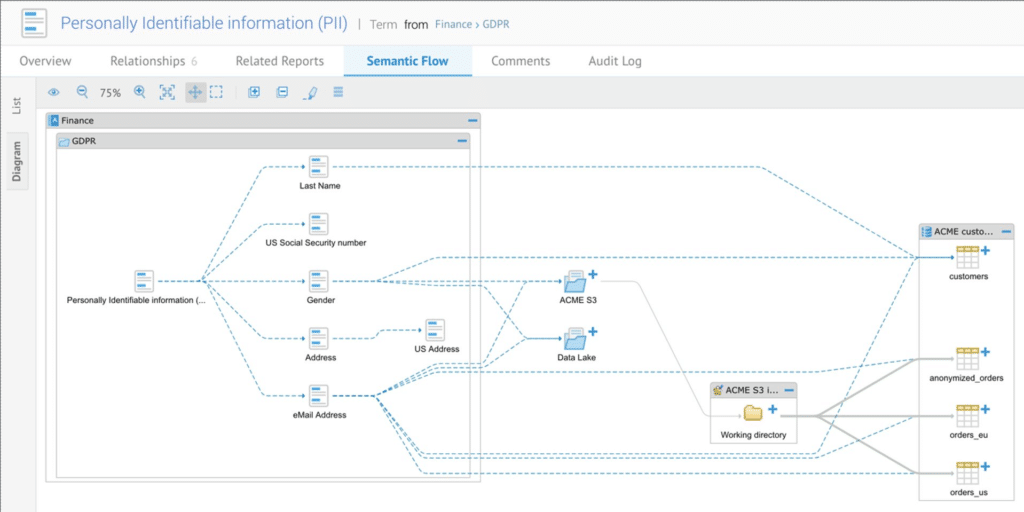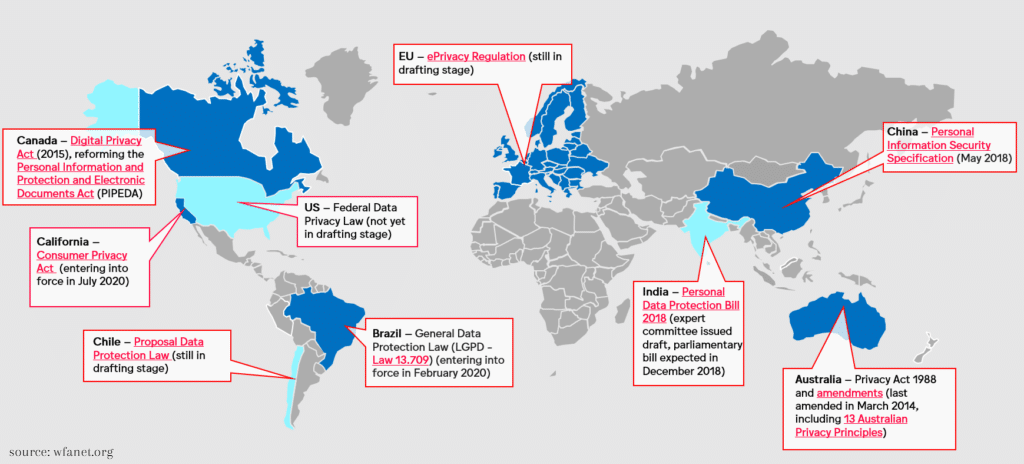Data Governance through Data Catalog
The Value of Data in Business: Unlocking its full potential
Data is a crucial asset for businesses, yet it’s often underutilized, leading to missed opportunities and reduced profitability. Mismanagement or unintentional misuse of data frequently results in inefficiencies and poor decision-making, further impacting business success.
Cimt empowers organizations in their digital transformation journeys, with a key focus on implementing effective data governance strategies. According to DAMA-DMBOK, data governance is defined as “the exercise of authority, control, and shared decision-making (planning, monitoring, and enforcement) over the management of data assets.”
What is Data Governance? Ensuring Data Integrity and Security
Data Governance establishes the essential people, processes, framework, and organizational structures needed to ensure that an organization’s information assets—both data and metadata—are managed securely, accurately, and efficiently. This comprehensive approach ensures data integrity, privacy, security, and trust across the enterprise, aligning with best practices from EW Solutions.
By leveraging robust data governance, businesses can unlock the full potential of their data, driving better decision-making, improving operational efficiency, and ultimately increasing profitability.
Inefficiencies and poor decision-making are due in part to the fact that companies struggle with their data for a variety of reasons:
- Data Chaos
- Unreliable data
- Different industry or area regulations
One tool that helps solve and/or prevent these problems through the practices and processes of data governance is Talend Data Catalog, part of Talend Data Fabric.
Talend Data Catalog creates a single source of trusted data for everyone in the enterprise, solving all of the above data challenges.

Data Chaos
A company’s growth is accompanied by an increase in the generation and consumption of data, whether from internal tools or external sources (marketing, website, etc.).
This automatically leads to more complexity in the data model; workflows adapt, new structures emerge, privacy guidelines change (also depending on geolocation), making scalability more difficult to achieve.
This is known as data chaos; when a company loses track of data that continues to accumulate every day in an unstructured format, which in turn leads to a loss of revenue and opportunity.
According to Forbes, data volumes are exploding, more data has been created in the past two years than in all previous human history (Forbes, 2015), but also less than 0.5% of all data is ever analyzed and used.
The potential with structured and organized data is limitless and that is where Data Catalog comes in to help solve and prevent data chaos in the business in the future.
Data Catalog helps you get one big picture of what your data model looks like through its lineage feature; data is linked and remains structured even as you scale.
The view also provides insight into what data is not structured, or not linked to the rest of the business structure to keep managers aware of issues within the business model.
As an example, the figure below shows the semantic lineage of data including personally identifiable information (PII).
Unreliable data
In addition, simultaneous development of complex data models by multiple developers increases the risk of unreliable results or loss of data previously present in the data models.
In some cases, if an error is made and the data is unreliable, you may want to turn back the clock and compare previous versions of data to help fix the error while minimizing disruption to all team members.
Data Catalog uses the repository to maintain a version history for each data model harvested or uploaded, allowing you to keep track of every change.
This allows you to easily access the previous data models and compare them to the faulty model and reduces the time needed to find the cause of a problem.
Version Controlling System (VCS) allows you to roll back changes and restore older versions of data models.
Different industry or area regulations
Data Catalog also provides a single point of control for all data, which reduces the risks of inaccuracy and accessibility issues by allowing everyone to rely on a single source of truth when it comes to how data must comply with business processes and legal issues (think privacy, security, etc.).
This is particularly relevant for companies that need to comply with multiple regulations when operating in multiple countries or industries.
Conclusion
In short, Talend Data Catalog enables organizations to achieve data governance by ensuring that data is usable, accessible, protected and trusted.
Effective data governance leads to better data visibility and insight which in turn leads to better decision making.
Contact us today to have one of our consultants analyze your situation.



